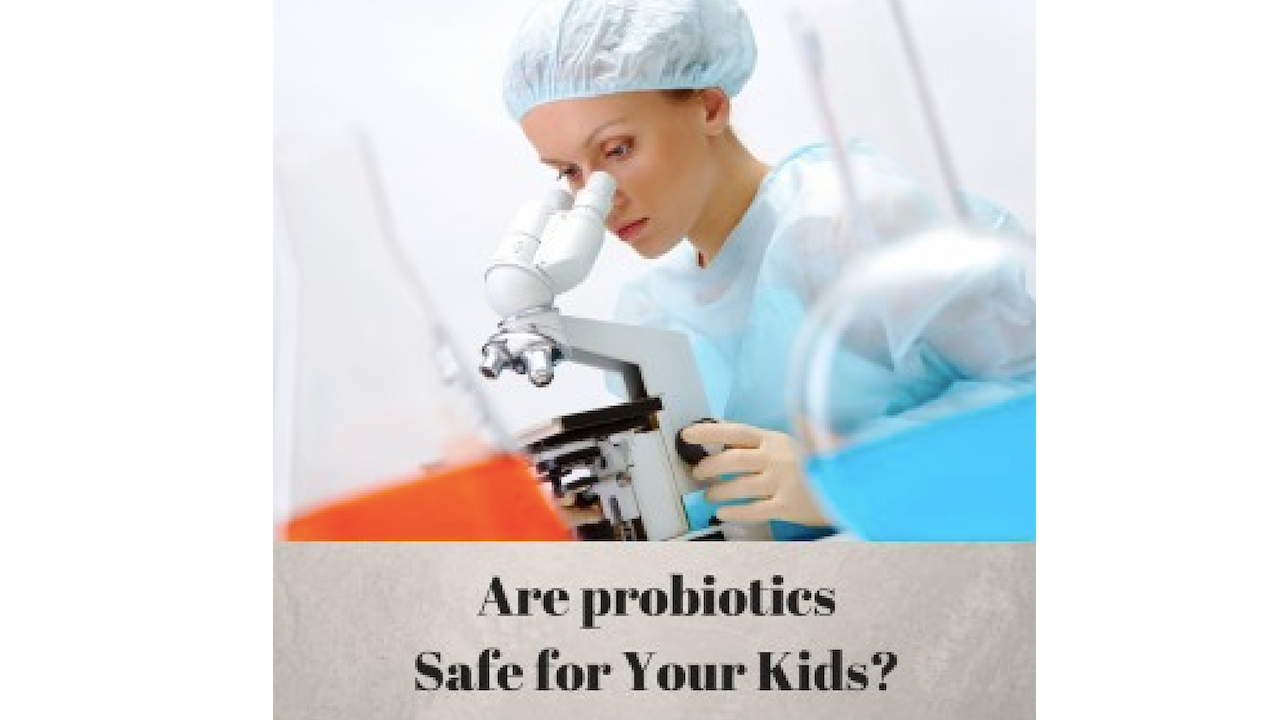Are Probiotics Safe For Your Baby?

Over the last decade or so, there has been an explosive interest in understanding the bacteria that inhabit our bodies. Supplement companies and researchers have been hard at work investigating efficacy and safety of probiotics as a tool to support health. But the questions remain for parents: are probiotics safe for your baby, and are they necessary? Here is a little of what researchers have found out.
The all-important BUGS…
“The microbiome” refers to the consortium of yeast, bacteria, fungi, and viruses that live within us naturally. Scientists are still “mapping” the microbiome in an effort to more fully understand its intricate structure and function, but we are learning that, as a whole, the microbiome exerts significant influence on our metabolism, our weight, our digestion, our immune function, our hormones, our DNA expression, our mood and behaviour, and so much more.
It is so important to our body’s function that the microbiome is now considered to be an organ in and of itself.
How Your Bugs Relate To Allergy…
A current prevailing hypothesis to explain the surge of immune related ailments we are seeing is a general lack of immune tolerance along with reduced diversity in the microbiome.
The “atopic march” (sometimes called the “allergic march”) describes the typical progression of immune system response that often starts with eczema, moves to allergy, then to asthma and sometimes to autoimmune disease.
Since programming of the immune system mostly happens in early childhood (and possibly in utero), and because the microbiome is very much involved in oral tolerance and immune system development, researchers are naturally interested in how we might use probiotic supplements to interrupt the atopic march in children.
The Swansea Baby Allergy Prevention Trial
This is one recent study that investigated the safety and efficacy of probiotic bacteria in the development of allergy. 454 mother-infant pairs participated in the double-bind placebo trial. The study group was given a daily dose of 4 strains of probiotics from 36 weeks gestation through infancy up to age 6 months. The children were assessed for adverse reaction, atopic eczema and allergy at 6 months and then again after 2 years.
In terms of safety, the results showed no adverse events either caused or exacerbated by the probiotics.
In terms of efficacy, while they did not see a significant immediate reduction in eczema in the infants, they did find a 54% reduction of allergy to cows milk, egg, grass pollen, tree pollen, house dust mite, nuts, fish when tested at 2 yrs old, as measured by a skin prick test.
So What’s A Mama To Do? Are probiotics safe?
Before giving any supplements to your baby you should talk with your health care team, but probiotics are showing themselves to be a safe and effective way to stabilize immune function and stop the “atopic march” in its tracks when given in infancy. If you are interested in using probiotics talk to your naturopath or nutritionist to be sure to get a supplement of high quality and with the correct strains and potency for your baby.
For more details on starting your baby off on real, whole foods, that support digestion click here…
—————-
References:
-
Prescott, Björkstén, Probiotics for the prevention or treatment of allergic diseases. Journal of Allergy and Clinical Immunology 2007 Aug120(2) pp255-262. http://www.jacionline.org/article/S0091-6749(07)00865-2/fulltext
-
Allen SJ et al. Probiotics in the prevention of eczema: a randomized controlled trial Archives of Disease in Childhood 2014 Jun 19; doi:10.1136/archdischild-2013-305799
-
Plummer, Nigel. Perinatal Programming: Opportunity and Threat in the Risk of Chronic Disease. Presented at the Integrative Healthcare Symposium, Toronto 2016







